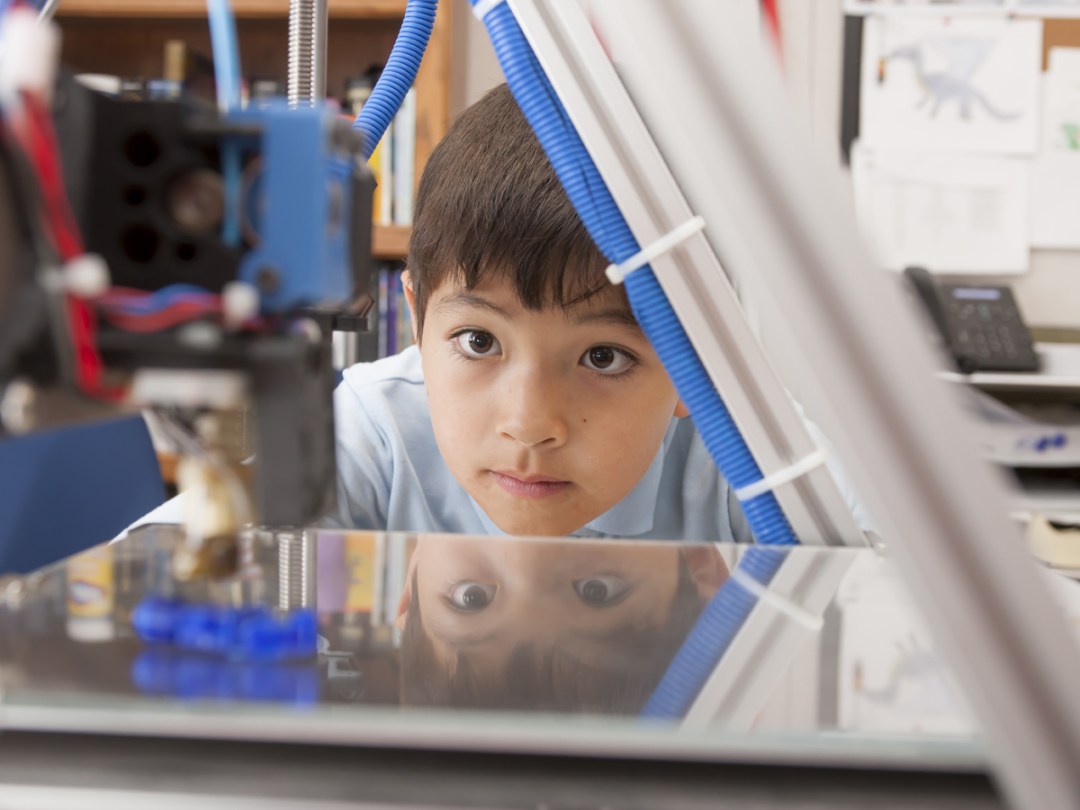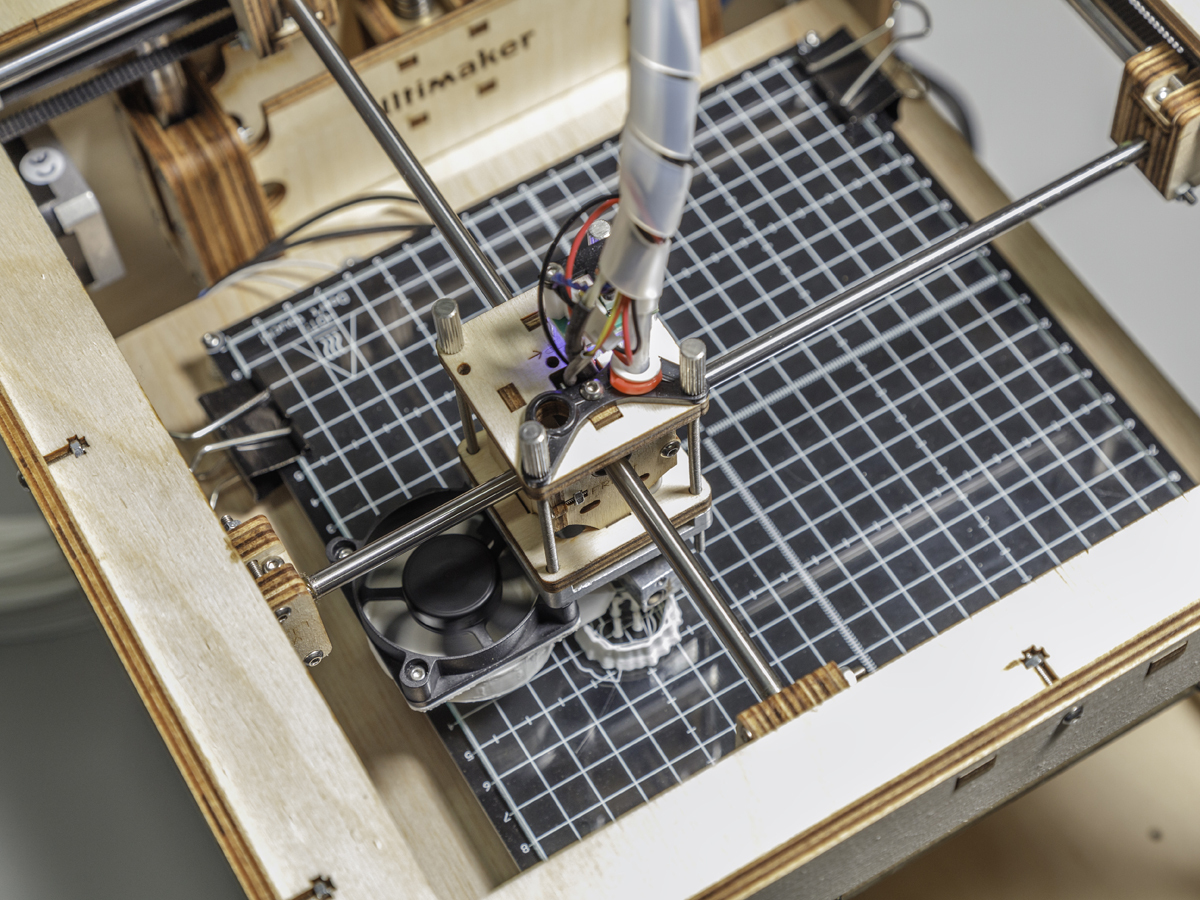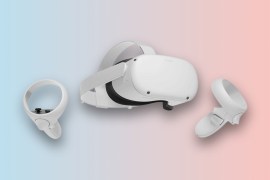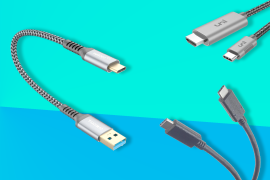3D printing will do to the manufacturing industry what Napster did to the music industry
The disruptive effects of 3D printing are only just beginning to have an impact – on manufacturers, big brands and the man on the street

3D printing is already making waves, but looking at the flimsy plastic confections spat out by current-gen home printers, it’s hard to imagine how it’ll change our lives.
What you have to bear in mind is that we’re in the “dot matrix” era of 3D printing; it’s at the same stage now that 2D printing was at in the early 80s. Some people owned expensive, low-resolution home printers, but the majority of people took their documents to the local print shop for a more professional polish.
So it is with 3D printing; if you want to make a plastic object, with visible lines showing where the layers of material have been laid down, you can buy a cheap printer from Maplin. If you want a ceramic object, or a metal one, or just a better-finished plastic one, you’ll need to go to a 3D printing service like Shapeways.
Metal gear? Solid.The technology’s only going to improve, though; the resolution of printed objects will become sharper, and the range of materials available wider. Patents on the laser sintering process that enable 3D printing of metal have expired this year; although we can’t expect to see home 3D printers using the process any time soon, it will almost certainly lead to a fall in the cost of 3D-printing metal objects.
READ MORE: One day, you’ll be a Glasshole too
The disruptive effects of 3D printing are only just starting to make their presence felt. Although large companies are using the process for rapid prototyping, large-scale manufacturing has yet to become widespread. Down the line, it’ll lead to huge changes in the supply chain; manufacturers won’t need to store warehouses full of spare parts, as you’ll be able to print replacements on demand.
Multimillionaire car enthusiast Jay Leno does this already; he’s had a 3D scanner and 3D printer installed in his massive garage to produce spare parts for his classic motors.
You’ll also be able to customise products to suit your needs; Nokia released the CAD files for its phone cases to the public, enabling users to 3D print their own shells. And Google’s Project Ara modular phone will let you create a unique look for your device using 3D printing.
A new industry?
So far, so disruptive. But there are other implications to 3D printing. By reducing physical objects to raw data, it means that physical objects can be shared in in the same way as other computer files. You can already find CAD files online; raising the possibility that in future, you’ll be able to duplicate products using a 3D printer.
We’ve already seen what effect filesharing has on an established industry; the music and film industries struggled for years to develop a business model that could allow for widespread pirating of their products, and many would argue that they still haven’t managed it.
Oddly, one of the first groups to feel the impact of 3D printing was the wargaming hobby; Games Workshop, manufacturer of little plastic goblins and space marines, sent cease-and-desist letters to 3D printing sites when it discovered that its designs were being duplicated. It’s a potential legal minefield; in this instance, the 3D printer files being shared weren’t for directly copied Games Workshop designs, but for new work in the same style.
Curated sharing
Manufacturers are already testing the waters in an effort to protect their brands from 3D printing. Hasbro has palled up with 3D print shop Shapeways to create the website Super Fan Art, which showcases fan-created designs for its My Little Pony toys. But those fans are a carefully curated group of designers who’ve had to seek Hasbro’s approval to appear in its official portal. Could we see 3D print-shops forming relationships with big brands, policing what people can and can’t print in future based on whether they’re infringing intellectual property? That’s certainly possible, but even that can only last as 3D print shops do.

We’re only in the very early stages of 3D printing, but when the technology moves into the home it’ll be much more difficult for companies to monitor what you’re printing. The disruptive effects of 3D printing are only just starting to make their presence felt, and there will be much more to come.
Stephen Graves is deputy editor of Stuff.tv



